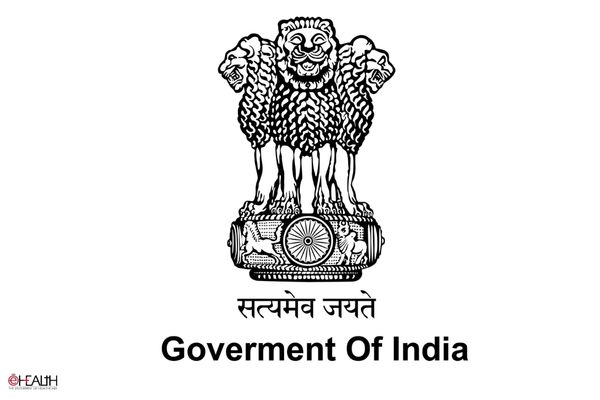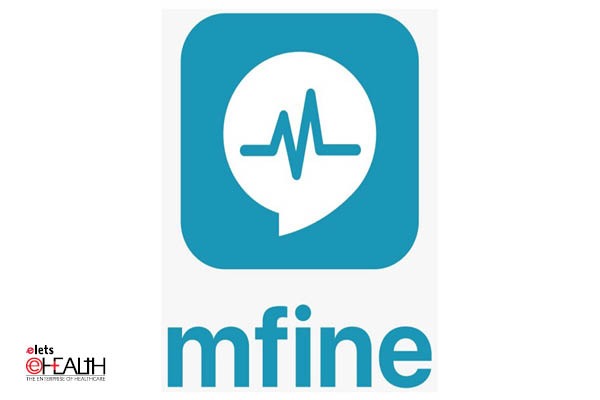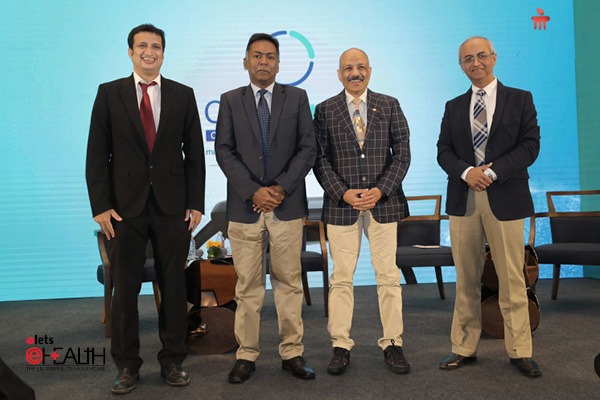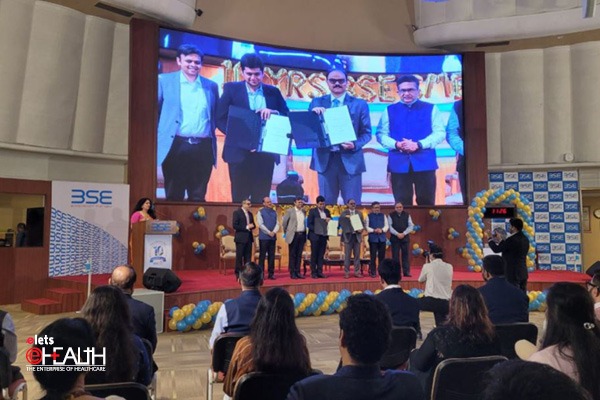
 Pharma companies can no longer quit making essential drugs at will, citing non-viability, without informing the government. Drug makers will now be required to issue a public notice and alert the government about their decision at least six months in advance, according to an upcoming policy.
Pharma companies can no longer quit making essential drugs at will, citing non-viability, without informing the government. Drug makers will now be required to issue a public notice and alert the government about their decision at least six months in advance, according to an upcoming policy.
The government may ask the drugmaker to continue producing an essential drug at a certain level for another year in public interest. The government can do this for any of the 348 drugs that are part of the National List of Essential Medicine.

Government may, in public interest, direct the manufacturer of the scheduled formulation (essential drug) to continue with required level of production and/or import…for a period not exceeding one year, from the intended date of such discontinuation within 60 days of receipt of such intimation.
Drug makers will also be required to disclose on a quarterly basis the levels of essential drugs and bulk drugs they are producing. This data would help the government monitor production and availability of essential drugs and the bulk drugs they are made up of at a national level in the 70,000 crore domestic drug market.
The need for such a move was felt in the upcoming pricing policy as many pharma firms had stopped making and investing in drugs that were put under regulation in the current price regime. Firms stopped producing 36% of the 74 bulk drugs and their formulations that fall under the price net today as per the Drug Prices Control Order 1995.

Drug companies claim they have been forced to discontinue, as these bulk drugs are no longer economically viable. Many healthcare activists, however, argue that many of these drugs have gone out of the market as they have turned obsolete and are no longer used in clinical practice.
The government is currently in the process of expanding the span of drug regulation to 348 drugs listed in NLEM.
“With pharma companies filing quarterly returns of production levels, the government will be in a better position to assess the rising or falling aggregated share of each essential drug in the country,” a government official, familiar with the matter, said.
“This way, unlike under DPCO 1995, government can intervene in public interest much before production levels fall under critical levels and definitely pre-empt the prospect of an essential drug totally going out of the market,” he added.
Be a part of Elets Collaborative Initiatives. Join Us for Upcoming Events and explore business opportunities. Like us on Facebook , connect with us on LinkedIn and follow us on Twitter , Instagram.












